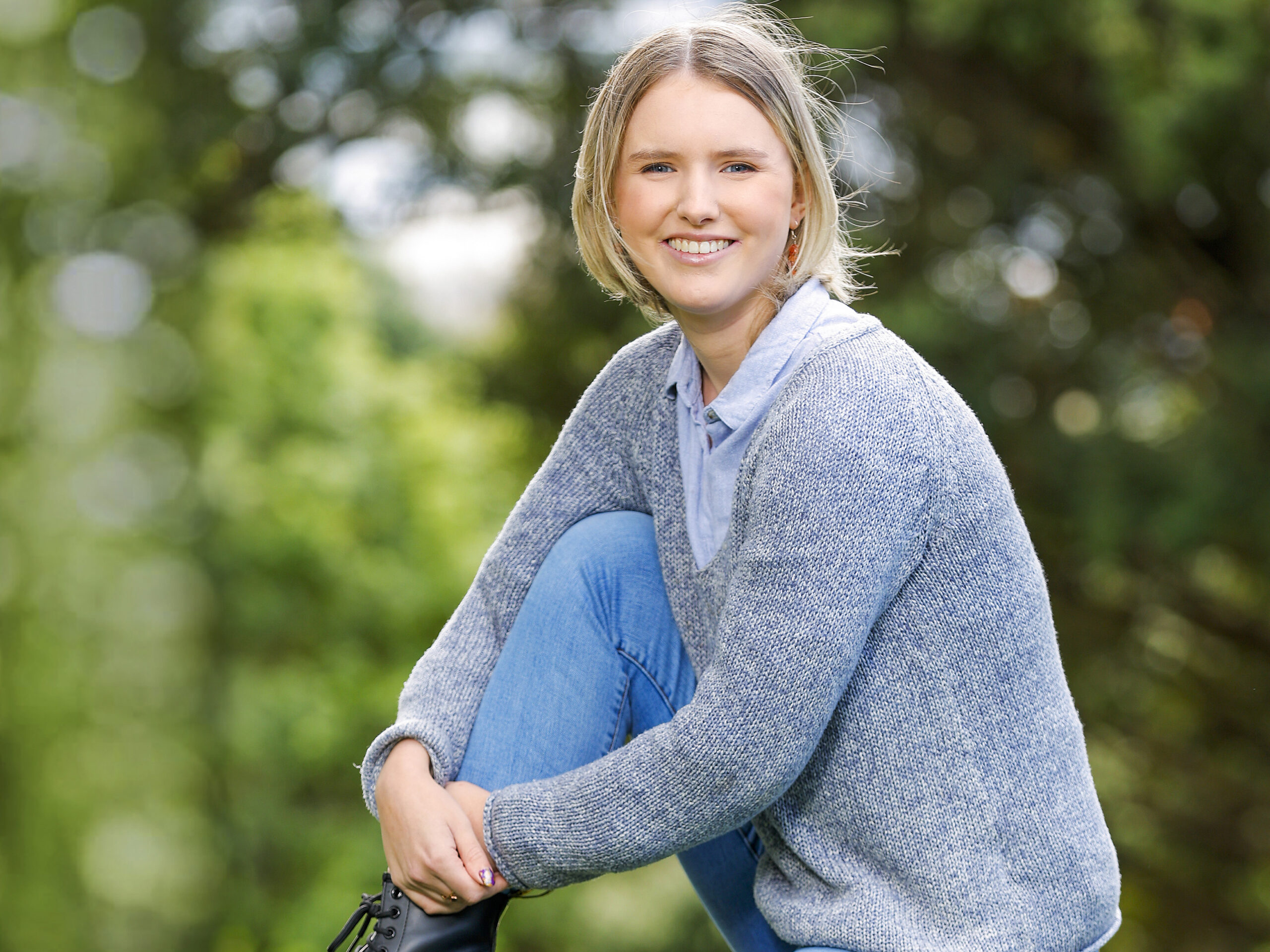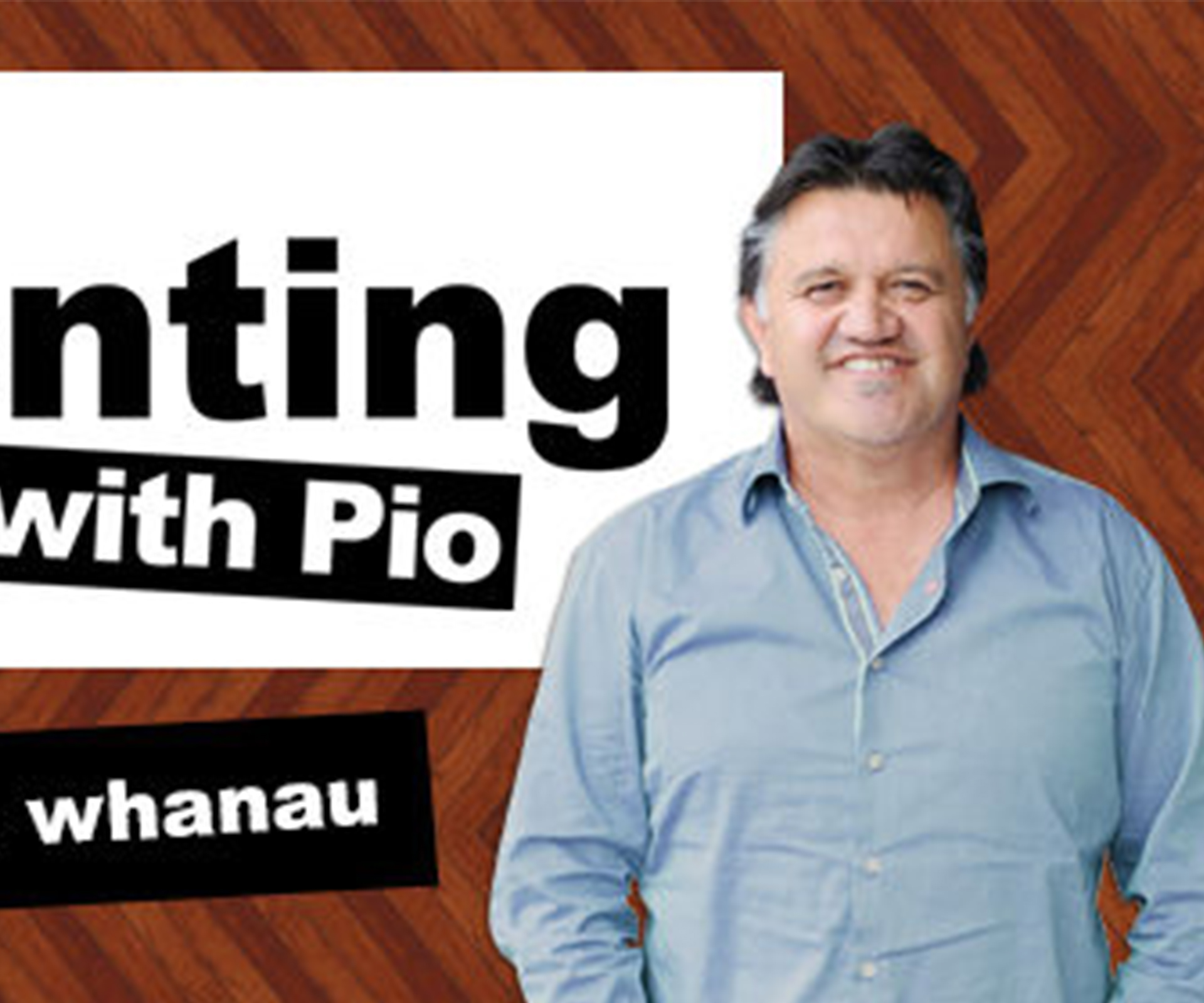Lara Cooke had been sick in bed with high temperatures and vomiting for two weeks when a doctor diagnosed her with glandular fever. At just 10 years old, Lara went for her first-ever blood test to check for the viral infection. But later that evening, her parents received a phone call telling them to head straight to Wellington Hospital.
Devastatingly, their outgoing and free-spirited young girl had leukaemia.
“I remember it was slightly dark when my parents were called in,” tells Lara, now 20, a two-time cancer survivor and devoted CanTeen ambassador.
“When we were there, I suddenly heard them crying in the corridor. I called in a nurse and asked what was wrong. She took a single step into my room, said my cancer cells were high and then left.”
At the time, as a happy Year Six student who enjoyed school, dancing and rolling down hills, Lara didn’t know what that meant. She sat in the hospital room contemplating what a cell was, before her heartbroken father appeared.
“I asked him what the nurse meant by my cancer cells being high, and he sat me down and told me it meant I was sick, then he gave me a hug,” she shares. “The hospital gave me a little book about cancer and I remember opening it to a page of a child without hair.”
As Lara and her parents waited for Life Flight to take them to Christchurch Hospital, since childhood leukaemia isn’t treated in Wellington, it dawned on her she might lose her locks. Before chemotherapy did take her hair, Lara’s parents let her dye it pink and purple thanks to an on-site hospital hairdresser.
“My experience of finding out I had cancer wasn’t the nicest and that’s why I wanted to volunteer with CanTeen,” says Lara, whose dad works in law and her mum in the arts scene. “I help people during and after treatments, as well as siblings of patients, plus kids whose parents have cancer.”
Lara’s family moved into an apartment in Christchurch and she spent 187 nights in hospital being treated for lymphoblastic leukaemia.

She recalls, “I wasn’t that self-conscious about being bald and remember people asking why I didn’t have hair when I went out. I’d joke I shaved my head for cancer. The thing I struggled with was the side effects of chemo, which made me throw up every day and I was unable to eat.”
Free of cancer, Lara was discharged from hospital in 2014 and her family returned to Wellington, where she excitedly went back to school and made friends, while reigniting her passion for dance.
“By 14, I was strong en point for ballet, which is being able to move on the tips of your toes – I was doing really well,” says Lara, who is in her third year studying psychology and statistics at Victoria University. “Before I relapsed, I was in dance class and the teacher was telling the other students they needed to get to the level I was at. I wasn’t ever able to get back to that.”

Before her relapse, Lara was a promising ballet dancer.
Just a couple of days before her two-year mark of ending cancer treatment, Lara’s hands felt freezing while playing netball, so her worried mother suggested they get a blood test.
“The cancer had returned,” Lara tells. “It was harder getting it the second time because I was older. I was excluded from normal teenager things and missed a lot of fun times.”
Prior to enduring 28 infusions of chemo, Lara opted for a new hair colour again, choosing red. “The hairdresser in Christchurch Hospital remembered doing my hair the first time,” says Lara, who slept and played on her phone during the days. “I continued dancing and it’s what got me through.”
Lara needed a bone marrow transplant, which required spending 100 days in isolation prior to the procedure, since she was immunosuppressed. Her younger brother was confirmed as a match at age 10, and his bone marrow was taken and infused into Lara at Auckland Hospital.
Despite missing two and a half years of high school, Lara managed to stay with her year group. She beat the cancer again, but required frequent post-transplant check-ups and medication, finishing her last round in 2020.
But after her second stint in hospital, Lara developed post traumatic stress syndrome. Triggered by things like hospital smells and visits, and hearing the word “cancer” when it’s unexpected, Lara suffers anxiety and panic attacks.

Lara has nightmares about the cancer returning.
“I have dreams of getting cancer again,” she shares. “Thanks to CanTeen, I’m working with a counsellor and going through treatment, so they’re becoming less.”
Lara is now enjoying doing social jazz, hip-hop and contemporary dance through university, and plans on getting into trauma counselling one day.
“I hope to have a future free of all the stress from cancer,” she says. “Where I’m dancing and helping others.”
Support youth impacted by cancer this Bandanna Day on Friday 23 September 2022. To give, visit donate.canteen.org.nz.


